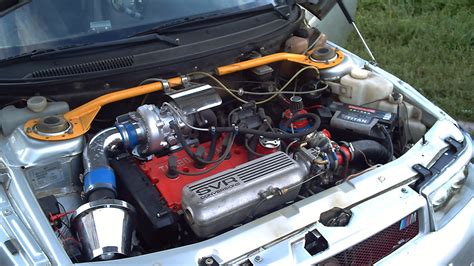Understanding Premium Fuel: Is it a Smart Choice?
The decision at the gas pump often comes down to more than just choosing between regular or diesel; for many drivers, the premium option beckons with promises of enhanced engine performance and efficiency. But is shelling out extra cash for higher octane fuel truly beneficial for your vehicle and your wallet, or is it an unnecessary expense?
This article dives into the mechanics of premium fuel, its impact on various engine types, and ultimately helps you determine if it’s a worthwhile investment for your specific driving needs and budget.

What Exactly is Premium Fuel?
At its core, the primary difference between regular and premium gasoline lies in its octane rating. Regular gasoline typically has an octane rating of 87, while premium often ranges from 91 to 93. Octane isn’t a measure of energy content or power; instead, it indicates the fuel’s resistance to “pre-ignition” or “engine knock.”
Engine knock occurs when the air-fuel mixture ignites prematurely, before the spark plug fires, leading to inefficient combustion and potential engine damage over time. Higher octane fuel is more stable and resists this auto-ignition under compression.
Engine Design and Octane Requirements
Engines That Require Premium Fuel
Certain vehicles are specifically engineered to run on premium fuel. These typically include high-performance cars, luxury vehicles, and models with high-compression engines, superchargers, or turbochargers. These advanced engines compress the air-fuel mixture to a much greater degree, making them more susceptible to pre-ignition if lower octane fuel is used. Manufacturers explicitly state these requirements in the owner’s manual, often recommending or mandating premium fuel to ensure optimal performance and engine longevity.

Engines That Do Not Benefit from Premium Fuel
The vast majority of cars on the road today are designed to operate perfectly fine, and even optimally, on regular 87-octane gasoline. If your car’s owner’s manual recommends regular fuel, using premium fuel will provide absolutely no performance benefit, nor will it improve fuel economy. Modern engines have sophisticated knock sensors that can detect pre-ignition and adjust ignition timing to prevent damage. However, these adjustments often come at the slight cost of efficiency and power, but only if the engine needs higher octane and isn’t getting it. If it’s designed for regular, it performs best on regular.
Performance, Fuel Economy, and the Budgetary Impact
Many drivers believe that premium fuel offers better mileage or a noticeable boost in power. For vehicles not designed for premium fuel, this is a common misconception. Numerous studies and real-world tests have shown that using higher octane fuel in a car designed for regular gas yields no measurable increase in horsepower or fuel efficiency. In fact, it’s essentially just burning money.
From a budgetary perspective, the cost difference between regular and premium fuel can add up significantly over time. While it might only be an extra $0.20 to $0.60 per gallon, for someone driving 15,000 miles a year with a car averaging 25 MPG, that’s 600 gallons of fuel. An extra $0.40 per gallon totals an additional $240 annually – money that could be saved or spent elsewhere.

For vehicles that genuinely require premium fuel, the cost is a necessary part of operating that vehicle as intended by the manufacturer. Opting for regular fuel in these cases could lead to reduced performance, decreased fuel economy, and potential long-term engine damage, ultimately costing far more than the savings on gas.
Making the Right Choice
The most reliable guide for your fuel choice is your vehicle’s owner’s manual. If it states “Premium Fuel Recommended” or “Required,” then it’s best to stick with premium. If it simply states “Regular Unleaded,” then save your money and use 87-octane. There’s no secret performance boost or engine cleaning properties hidden in premium fuel for cars not designed to utilize its higher octane rating.

Conclusion
In conclusion, premium fuel is worth it only if your engine is specifically designed to utilize its higher octane rating to prevent pre-ignition. For the vast majority of standard vehicles, regular unleaded gasoline is not only sufficient but also the most economical and appropriate choice. Understanding your car’s specific needs, as outlined by its manufacturer, is key to both optimizing performance and managing your fuel budget effectively.




